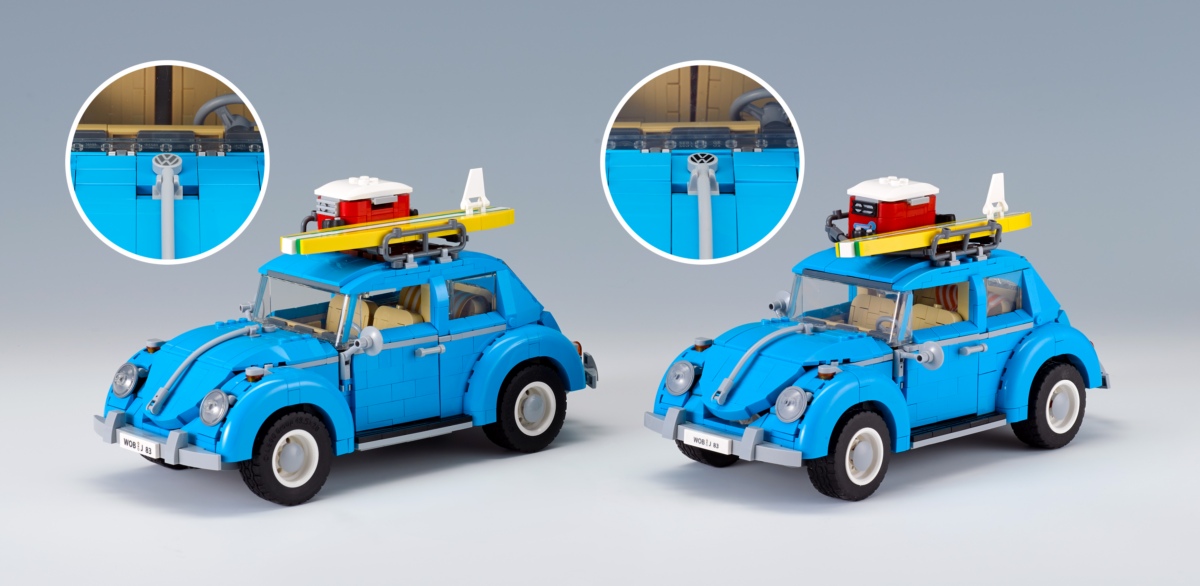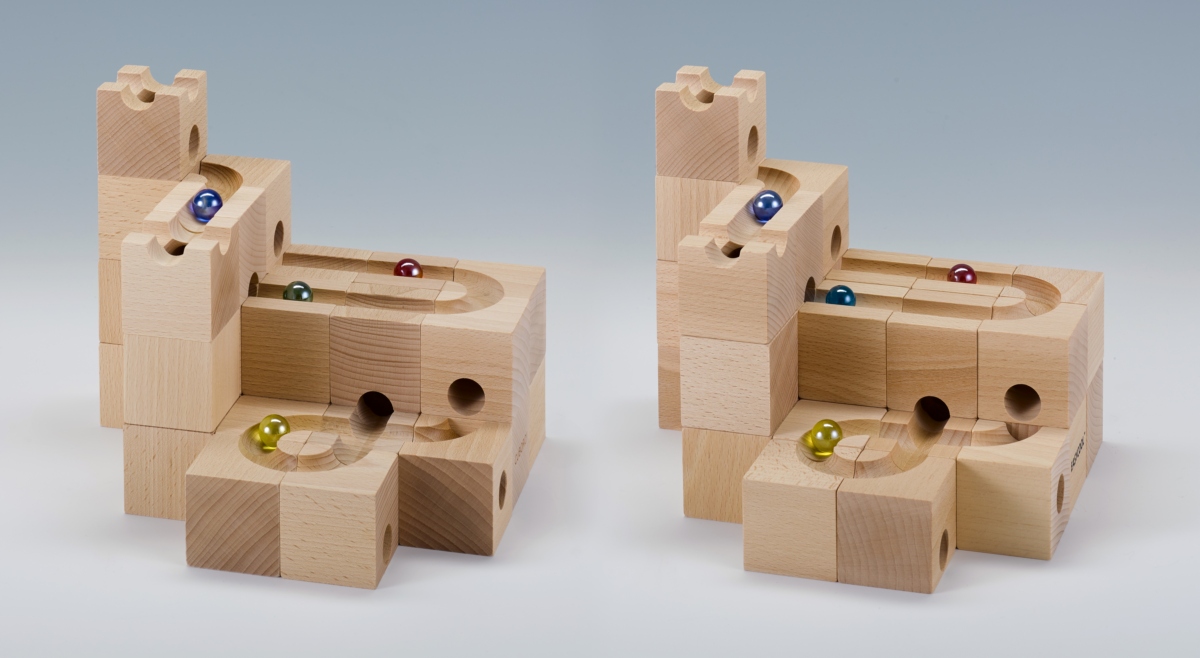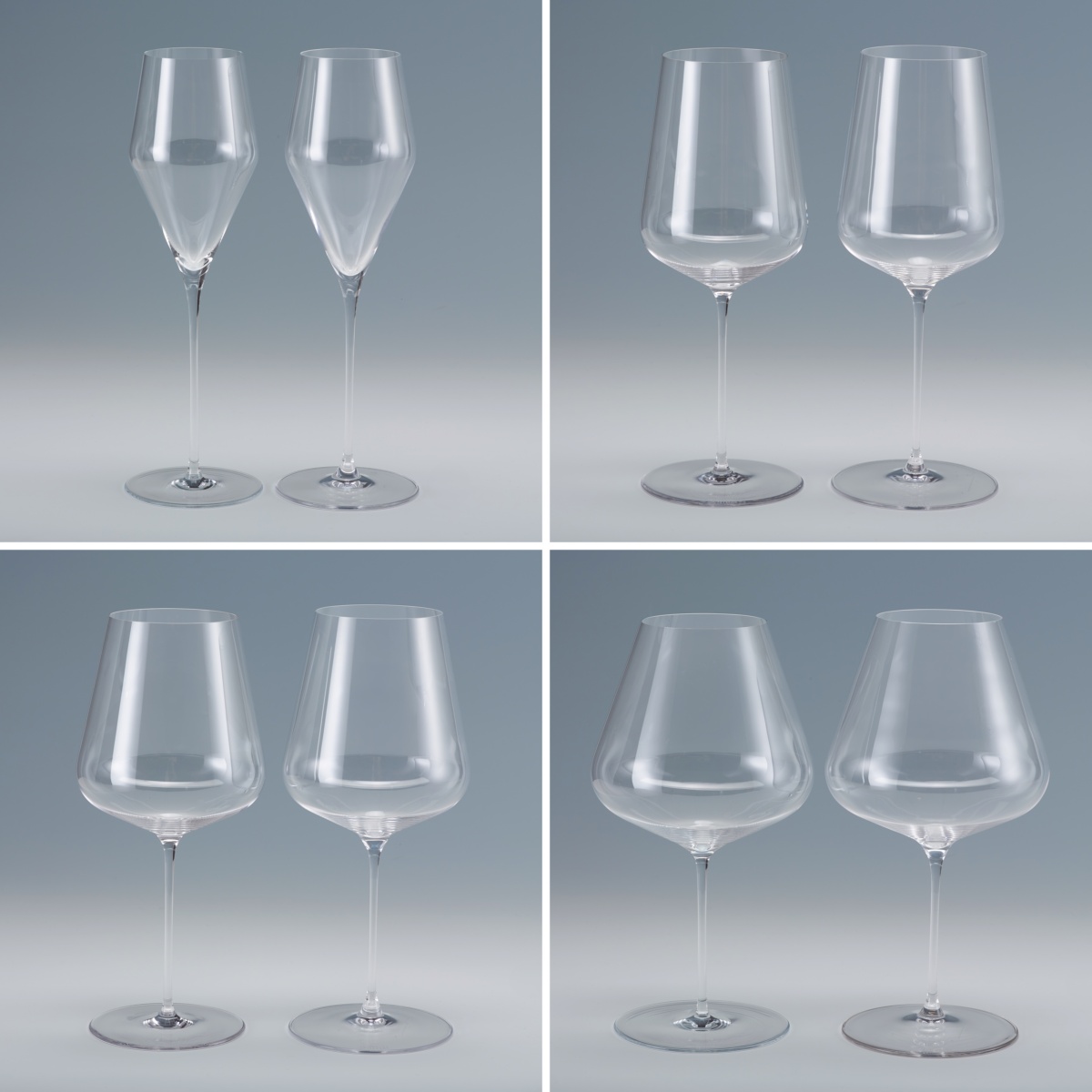Product
and brand piracy - a massive threat
to the economy, environment and
consumers! Negative Award "Plagiarius"
brings the extent, damage and
background to the public eye Product
and brand piracy is a lucrative
business worth billions, also for
organised crime. Design plagia rism,
cheap counterfeits, dupes and
replicas flood websites, e-commerce-
and social media platforms - the
figures are overwhelming and
worrying. The damage that
counterfeit products cause to buyers,
inno vative manufacturers,
authorised retailers and, last but
not least, the environment is
immense. Anyone who deliberately
buys counterfeits or encourages
third parties to buy them through
aggressive advertis ing or
trivialisation is supporting the
devastating manufacturing conditions
and socio-economic conse quences.
The same applies to all platform
operators who do not actively or
preventively stop the sale of
counterfeits.
The iconic VW Beetle is protected throughout the EU as a 3D trade mark, meaning that the three[1]dimensional Beetle shape is a trade mark of its own. Self-evidently, Volkswagen has also protected the famous "VW in a circle" trade mark worldwide. In this case, both the Beetle 3D trade mark and the "VW in a circle" trade mark are infringed. In addition to the kit for the VW Beetle, GDR-Trading also offered other counterfeits via its online shops in Germany, Sweden and the Netherlands. The fakes were advertised with photos of the original kits and the claim "that the finished model looks true to the original". The counterfeits were delivered in plastic bags wrapped in bubble wrap. GDR has signed a cease-and-desist declaration and provided information on sales figures. Some of the counterfeits cost half the price of the original licence kits, which is reflected in the lack of stability and quality of the finished products.
The entire, multi-award-winning CUBORO marble run system consists of over 100 different ele[1]ments. It trains fine motor skills, strengthens spatial imagination and stimulates creativity. Invented by Matthias Etter in the 1970s, CUBORO now inspires children and adults in more than 30 coun[1]tries, including Asia. The original cubes are produced in a family carpentry workshop from certified "Swiss wood" from sustainably managed beech forests. All elements are pure natural products, chemically untreated. Concept theft: Easycool copies almost all CUBORO products, in some cases including packaging, photos, functional graphics, awards and designations of origin. They advertise the counterfeits as "compatible with CUBORO". Easycool has been trying to poach Cuboro's Euro[1]pean dealers directly since 2023. The counterfeits cost 50 percent of the original.
In 2004, Zalto launched the "DENK'ART"
glass series, which is popular with
winegrowers, top gastronomy and
consumers, and hand-blown according
to traditional craftsmanship. In
2020, Bayerische Glaswerke GmbH
presented its machine-made
"Definition" glass series, which it
says is based on two of its own
older glass series. Neither
company has applied for design
protection. A lawsuit is currently
pending between the renowned
companies. Regardless of how the
court decides with regard to
possible unfair competitive be
haviour, the jury found that the 4
glass types in the "Definition"
glass series look confusingly
similar to the 4 most successful
glass types in the Zalto series and
that fair competition between
respected competitors looks
different. In its statement before
the jury meeting, Bayerische
Glaswerke GmbH explicitly referred
to "freedom of imitation" and
denied that there is any legal or
moral wrongdoing.
The internet is not a legal vacuum.
The strict rules that apply in
stationary retail also apply in the
digital world - they just need to be
enforced much more consistently
there - especially against
pro[1]viders from third countries.
Plagiarius: Against brazen
innovation theft - for creative
diversity and fair competition On 26
January 2024, Aktion Plagiarius
awarded its dreaded negative prize "Plagiarius"
for the 48th time to manufacturers
and traders of particularly brazen
plagiarisms and counterfeits. The
award ceremony took place during a
press conference at the Frankfurt
consumer goods trade fair
"Ambiente". Before the annually
changing jury selects the winners,
the alleged plagiarists are informed
of their nomination and given the
opportunity to comment. The "Plagiarius"
award says nothing about whether the
counterfeit product is legally
permitted or illegal. Aktion
Plagiarius cannot pass judgement.
However, it can express the opinion
that clumsy 1:1 imitations, which
deliberately look deceptively
similar to the original product, are
reckless and morally reprehensible
and lead to stagnation instead of
progress and diversity. For the
first time, the award winners also
include well-known platform
operators who take action against
infring[1]ing imitations after being
notified by the rights holders, but
not proactively and preventively. Photo and release: Aktion Plagiarius e.V., Germany |
||||||||||||||||||


